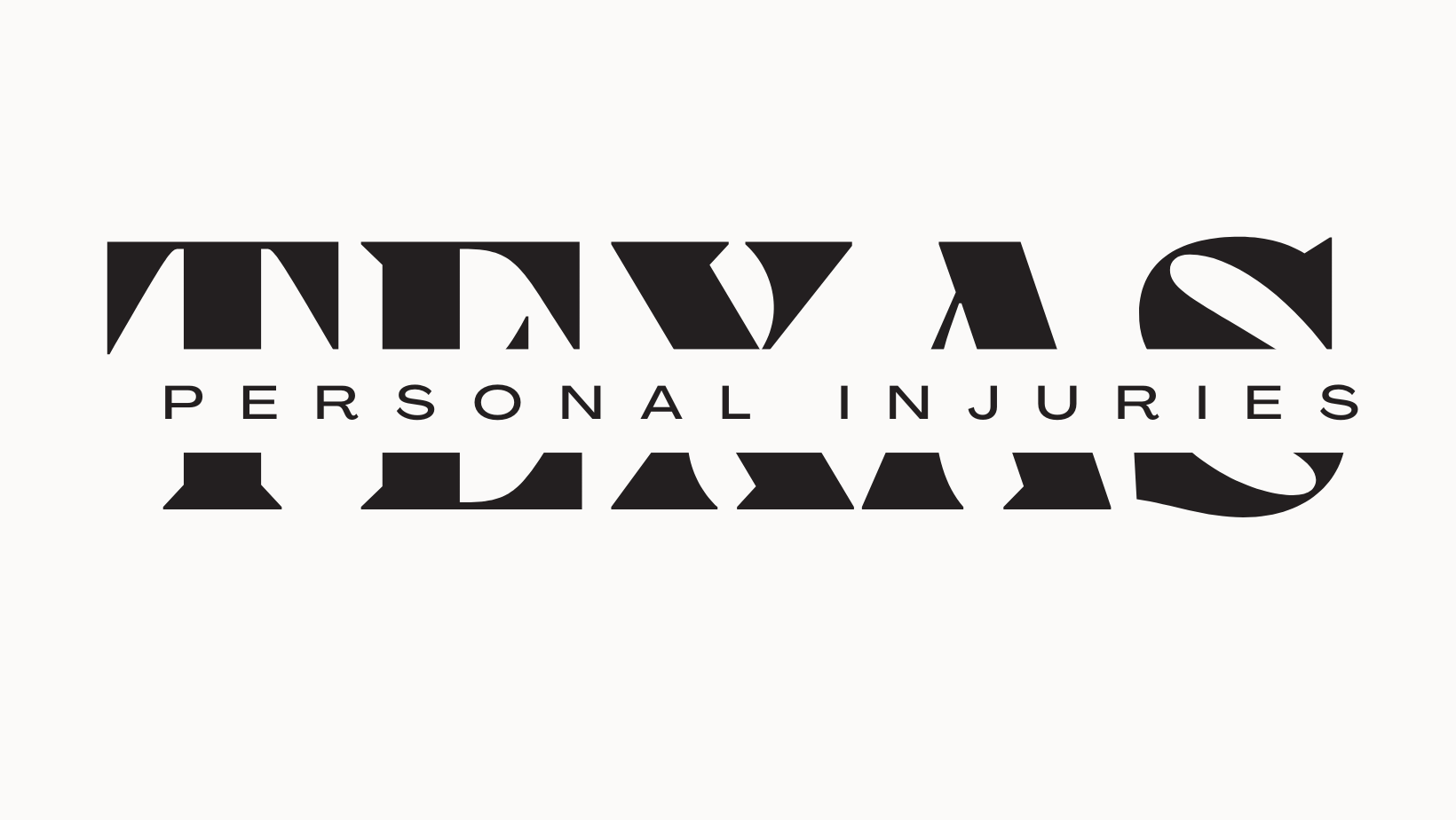Distracted driving has become an increasingly prevalent issue on roadways across the United States, including here in Texas. With the widespread use of smartphones and other electronic devices, drivers are more prone to distractions than ever before, leading to an alarming increase in accidents and injuries. In this comprehensive guide, we’ll explore the multifaceted issue of distracted driving, delve into the legal ramifications for drivers who cause accidents due to distraction, and discuss the various avenues available for victims to seek justice and compensation.
Understanding Distracted Driving
Distracted driving encompasses any activity that diverts a driver’s attention away from the primary task of operating a vehicle safely. While texting and using a cell phone are among the most notorious forms of distraction, other activities such as eating, adjusting the radio, grooming, or interacting with passengers can also contribute to driver distraction. Even a momentary lapse in attention can have devastating consequences on the road.
Legal Ramifications of Distracted Driving
In Texas, as in many other states, distracted driving is a leading cause of car accidents, and drivers who cause accidents due to distraction can be held legally responsible for the resulting damages. Texas law prohibits drivers from using handheld electronic devices to read, write, or send electronic messages while operating a motor vehicle. Additionally, drivers under the age of 18 are prohibited from using wireless communication devices altogether while driving. Violating these laws can result in fines and other penalties, especially if the distraction leads to an accident causing injuries or fatalities.
Proving Liability in Distracted Driving Accidents
Proving liability in distracted driving accidents can be a complex process but is not insurmountable. Eyewitness testimony, cell phone records, surveillance footage, and accident reconstruction techniques can all be utilized to establish that the at-fault driver was distracted at the time of the accident. For example, if a driver was texting or using a cell phone at the time of the crash, phone records can serve as compelling evidence of distraction. Moreover, advancements in technology, such as event data recorders (EDRs) installed in many modern vehicles, can provide invaluable data regarding the actions of the driver leading up to the accident.
Seeking Compensation for Distracted Driving Accidents
Victims of distracted driving accidents may be entitled to compensation for a wide range of damages, including medical expenses, lost wages, pain and suffering, and property damage. By filing a personal injury claim against the distracted driver, victims can seek financial compensation to cover these losses and aid in their recovery process. It’s essential to document all expenses and losses incurred as a result of the accident thoroughly. This includes medical bills, repair estimates, proof of lost wages, and any other relevant documentation.
Punitive Damages in Distracted Driving Cases
In cases where the at-fault driver’s conduct was particularly reckless or egregious, victims may also be entitled to punitive damages. Punitive damages are intended to punish the at-fault party for their misconduct and deter similar behavior in the future. In distracted driving cases, punitive damages may be awarded if the driver was engaging in extremely dangerous behavior, such as texting while driving at high speeds or blatantly disregarding traffic laws.
Preventing Distracted Driving
While holding distracted drivers accountable is essential, preventing distracted driving accidents altogether is paramount. Education, awareness campaigns, and enforcement of distracted driving laws can all play a pivotal role in reducing the incidence of distracted driving accidents. Additionally, drivers can take personal responsibility by putting away electronic devices, avoiding multitasking behind the wheel, and focusing solely on driving when they’re on the road. Employers can also implement policies prohibiting employees from using electronic devices while driving for work-related purposes.




Leave a Reply